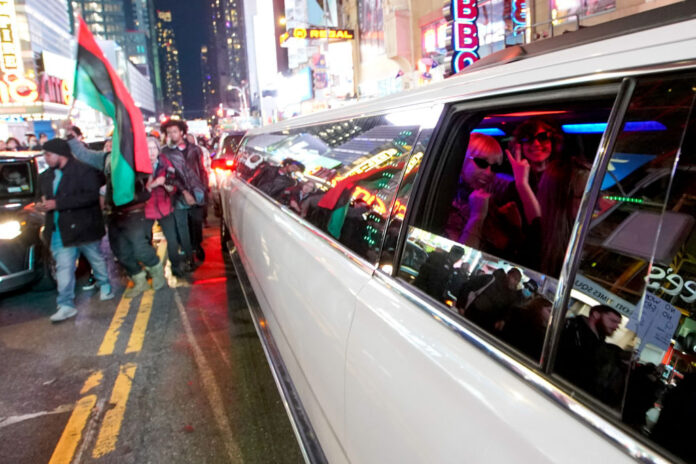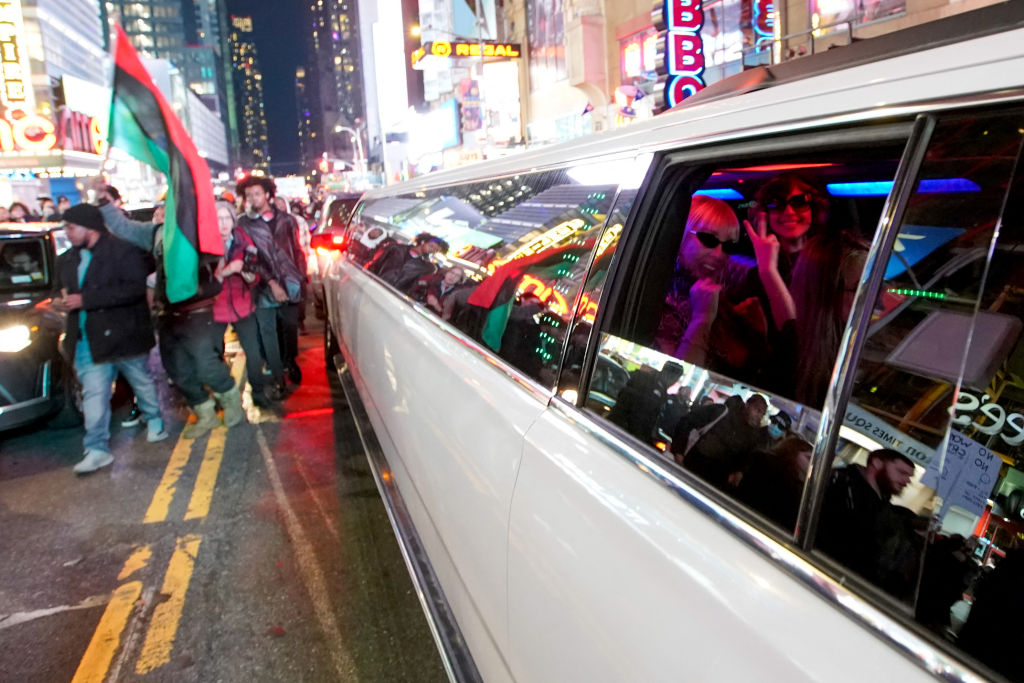
I’m driving with Reality, a good friend who’s a music producer. We each make rap music, however he makes beats, too. I’m an undergraduate on the small, non-public college in my hometown, Decatur, Illinois. He completed his undergraduate diploma a pair years in the past. We’re leaving Jay’s home — he’s one other good friend — driving from his West Facet neighborhood towards the campus at its edge.
It’s exceptional, whereas driving by means of this neighborhood, what distinguishes the city from college grounds. It’s not the manicured hedges and lawns. They aren’t greener, neater, or extra meticulously trimmed on one aspect or the opposite. It’s the wrought iron fencing that separates them. The gates are a portal between worlds.
Extra from Spin:
- A Genre for Every Ache: Using Music to Manage Chronic Pain
- Classic Reviews: A Tribe Called Quest, Midnight Marauders
- LONG STORY SHORT: The Original Beatnik Chick
Within the brief time after I look at my rearview mirror and see the define of the lights atop the police automobile that begins trailing us, my creativeness takes over. My fingers begin sweating as I attempt to preserve composure. As far I can inform, Reality is unaware of our impending doom, whereas I’m terrified that the drive will quickly finish with these lights swirling their purple, white, and blue warning, commanding us to tug over to the shoulder. I see it taking place clearly, in gradual movement — the cops looking the automobile, opening the trunk, digging into my bookbag; us providing insufficient denials. Denials unable to guard time: to maintain the time that may now be taken from us and to carry onto the time we might be taken from the world, our households, our lives. There’s no query we might be discovered responsible, although we didn’t personal what was in our possession.
However that state of affairs by no means occurs.
The gradual, silent pursuit ends once I pull as much as the lacquered black gate that separates the neighborhood from college housing and swipe my I.D. The gate creaks because it slowly swings open, and we drive by means of to a parking spot, uninterrupted. The squad automobile turns proper and heads again by means of city.
A number of years later, Jay has spent roughly the identical period of time in jail as I did in graduate faculty. The contents of the bookbag in my trunk had modified from undergrad to postgraduate research, however its contents on that day again in Illinois when Reality and I have been headed to campus conscribed Jay to time residing behind a special set of gates.
It wasn’t till I began my profession as a professor on the College of Virginia that I found that the classroom furnishings right here is made by jail inmates, woefully underpaid for his or her labor. Jay is at present housed in a special state. The place he lives, the prisoners are paid little or no to make shirts and towels for the U.S. Military.
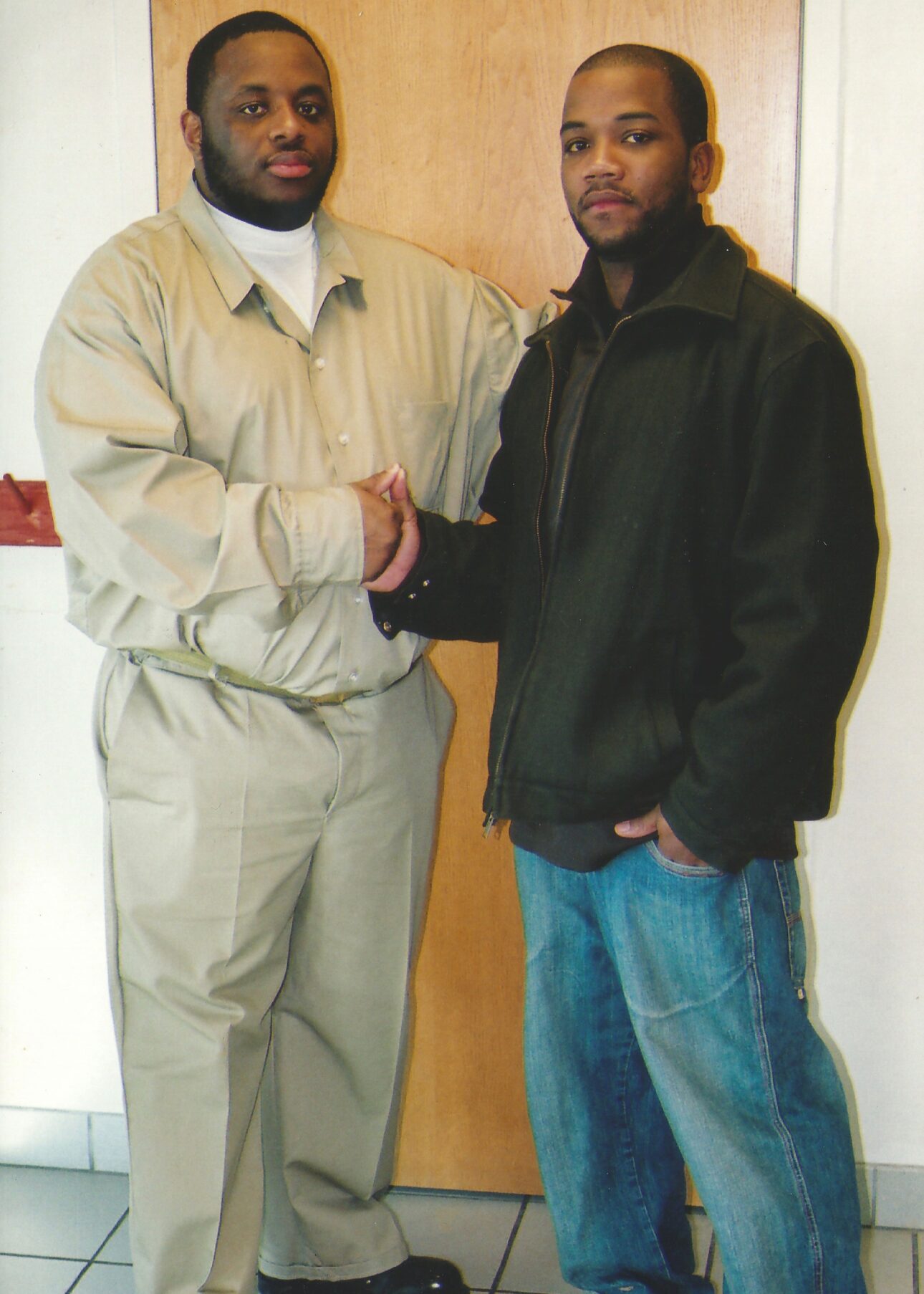
The celebration of hip hop’s fiftieth 12 months coincides with my promotion with tenure to Affiliate Professor of Hip Hop. It’s a momentous event, culturally and for my very own private, skilled journey. It’s additionally a second of fraught reflection. The broader cultural implications is likely to be higher understood by means of the private.
On the one aspect is Jay, a jail inmate in a rustic obsessive about carceral control of Black bodies, and on the opposite aspect is me, a rapper and professor instructing by means of and about hip hop at a college that enslaved individuals constructed, which straight advantages from the nation’s obsession with carceral management of Black our bodies and no matter different methods it’d have the ability to constrain and exploit Black individuals. Within the center is a thread that divides licit from illicit, authorized from unlawful, what’s sanctioned and what’s not. This thread is infinitesimally skinny, and what exists on both aspect are gears working collectively to energy the identical machine. The machine is the US.
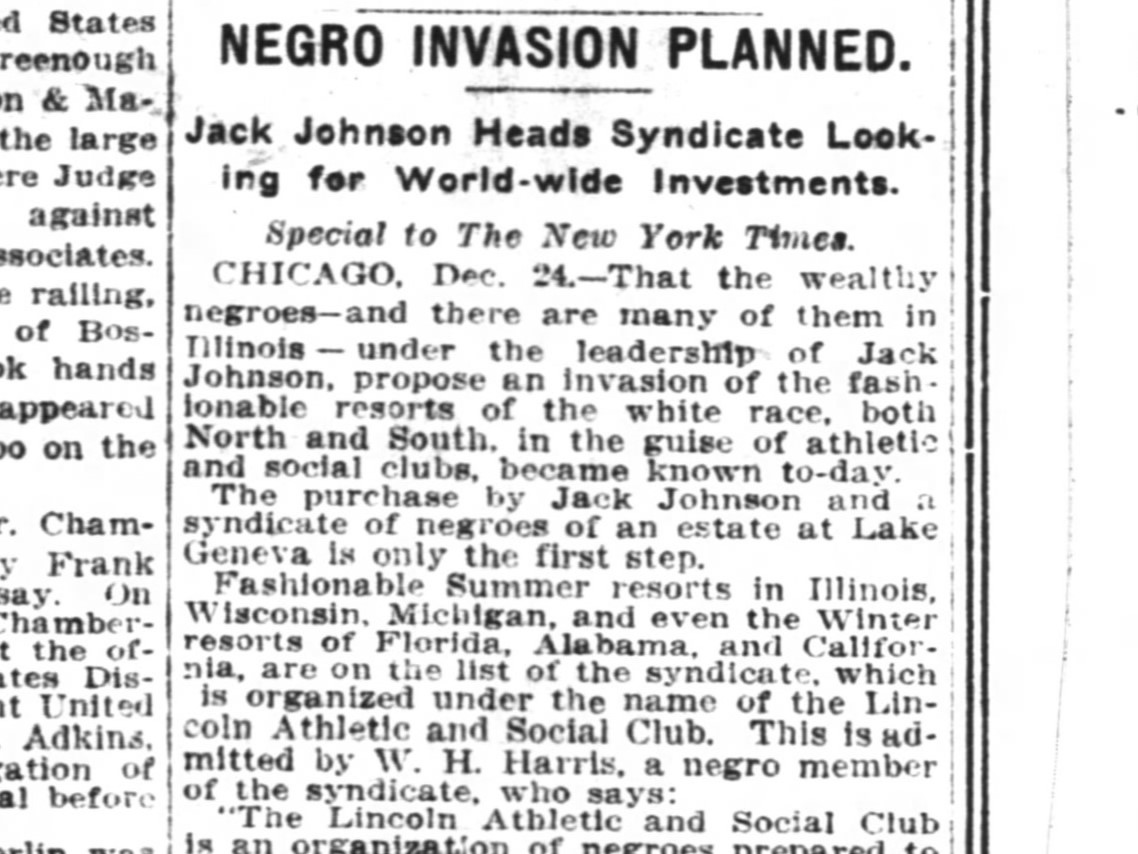
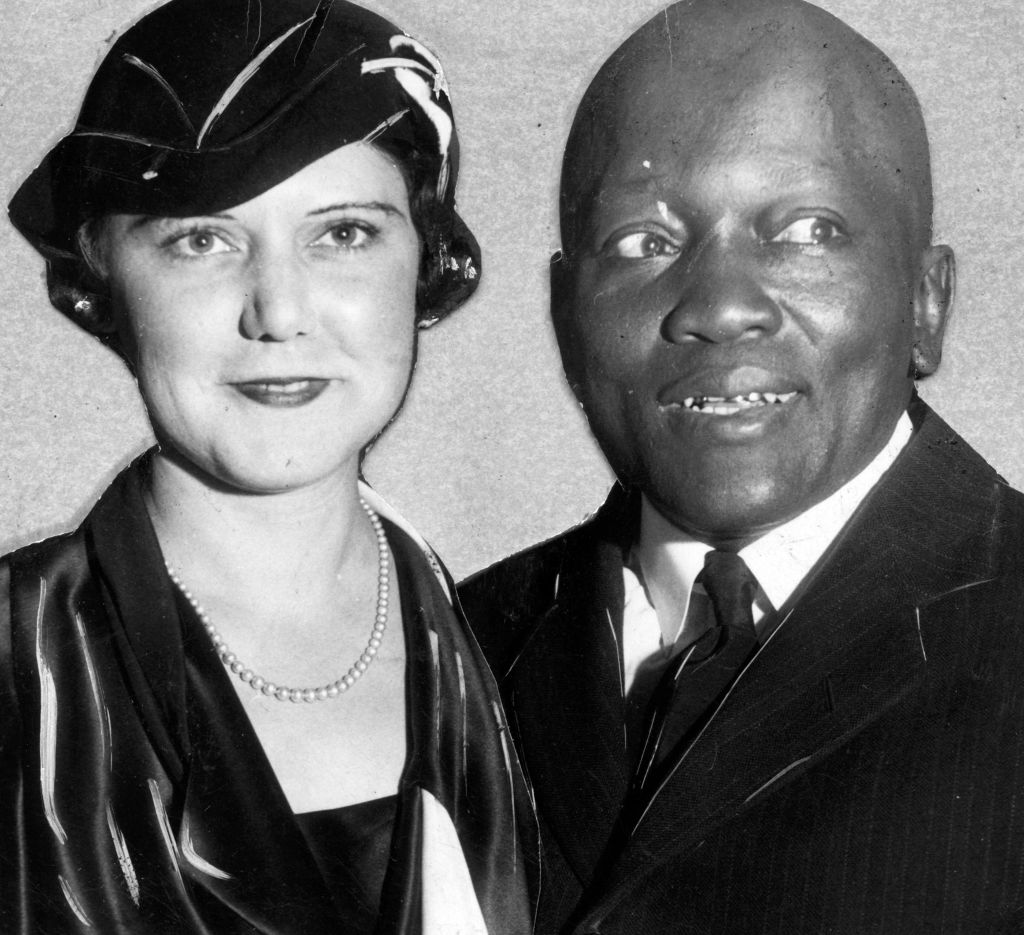
To the left is a 1912 New York Instances article reporting that Johnson led a syndicate of “rich negroes” that deliberate an “invasion of the trendy resorts of the white race”.
The churning of this machine and the realities that straddle that just about invisible dividing line come to thoughts when considering of this half-century commemoration of hip hop.
In my work, I train individuals to rhyme phrases, find out how to lyrically design arguments, to decipher layered meanings in music — whether or not or not they’re supposed by the artist. I consider historical past as rhyming moderately than repeating. It appears a extra comfy metaphor.
The narrator of Ralph Ellison’s 1952 novel Invisible Man describes historical past as doing a type of boomeranging to which we needs to be alert, presumably to keep away from being struck throughout the pinnacle. He recounts an expertise he has as making an attempt to listen to round corners. He talks about how he sees and feels time disintegrate whereas underneath the affect of medication individuals have given him. Below the affect of dope, he comes into a special manner of listening. He is also, in some way, capable of commune with ancestors and people who find themselves not within the underground room through which he’s hiding. By these experiences, he learns about himself and the world round.
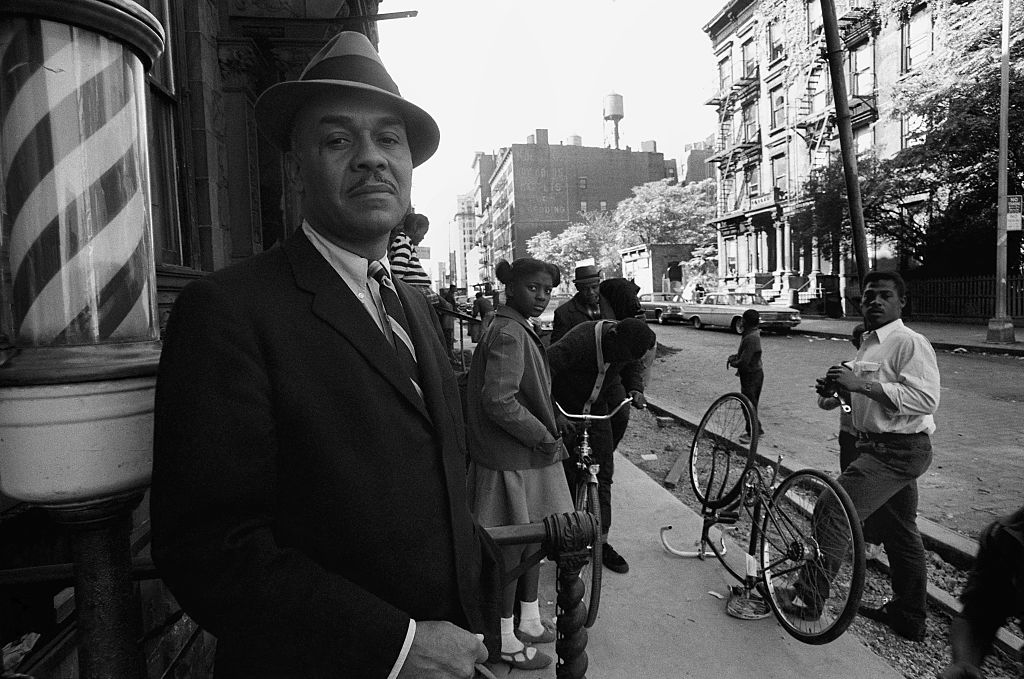
Dope is how I take into consideration my work instructing, writing, rhyming, composing, listening, and being.
Us — the U.S. — and medicines, are fused in our storytelling. Medication are in our literature. They’re a main impediment and escape for the protagonists in any variety of acclaimed movies. Our music throughout genres is steeped in medicine. Our modes of leisure are knowledgeable by the realities of drug use. These, too – the fictions and their factual counterparts – gas the identical machine: America.
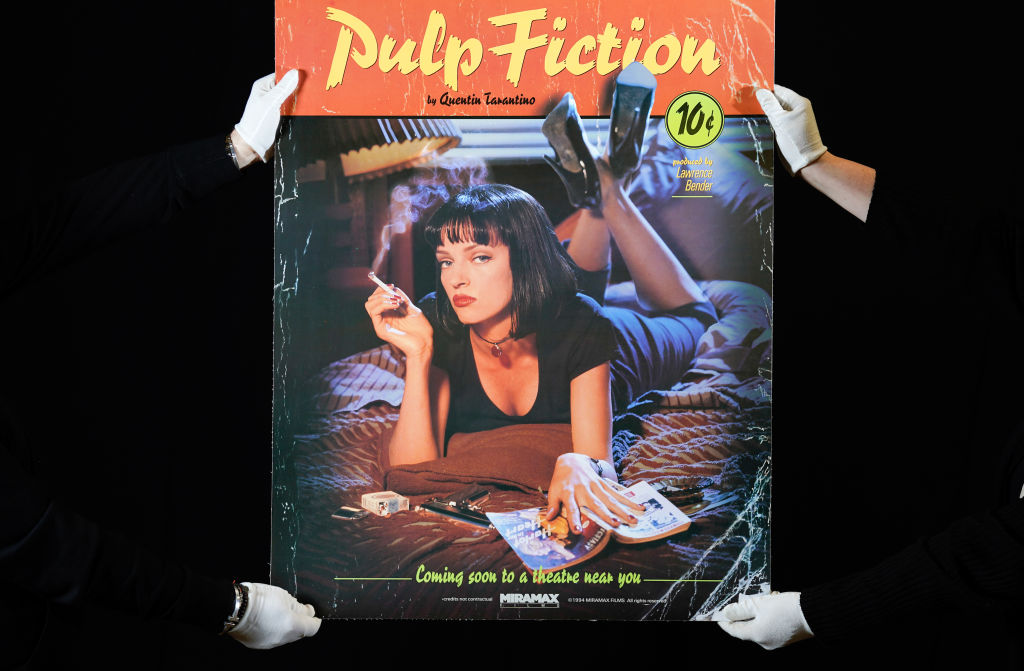
We will look by means of the previous 50 years of hip hop and see Black individuals, Black artwork, and Blackness itself used, taken, ingested as a type of dope that has each resisted and powered the machine, flowing aspect to aspect throughout America’s il/licit line.
Thinker Avital Ronell, creator of Crack Wars, describes intoxication as a way of “making phantoms seem.” And it’s greater than that, she says; it’s a manner of “treating the phantom, both by making it emerge — or vanish.”
Dope. It makes speaking to ghosts attainable.
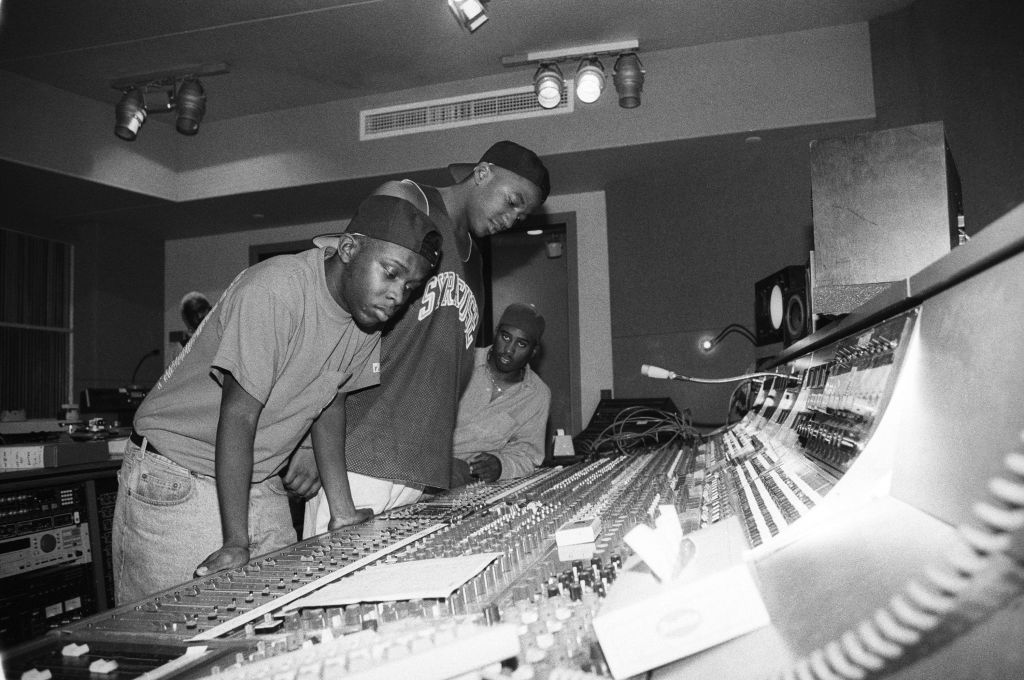
The symbiotic relationship between me and hip hop is analogous to dope. I take it, and it takes me. As in Ronell’s narco-shamanism, hip hop transports me into longform discussions with disembodied voices, breaths breathed into devices, sequences punched into machines which have preserved music made by individuals handed on. It looks like conjuring: like magic.
To mark this fiftieth commemoration of hip hop I’ve recorded an album I name a mixtap/e/ssay on which I converse with ghosts. On V:ILLICIT, the ghosts I’m speaking with are relations like my grandmothers, Alice and Emma, my cousin Devin Slater, who was killed in 2020. I’m additionally speaking to the day laborer named Samuel J. Bush and the racist white mob that lynched him in my hometown of Decatur, Illinois, in the summertime of 1893. The voices of Toni Morrison, James Baldwin (in conversation with Nikki Giovanni), Fannie Lou Hamer, and the Senegalese movie artist Sembène Ousmane are within the combine as nicely.
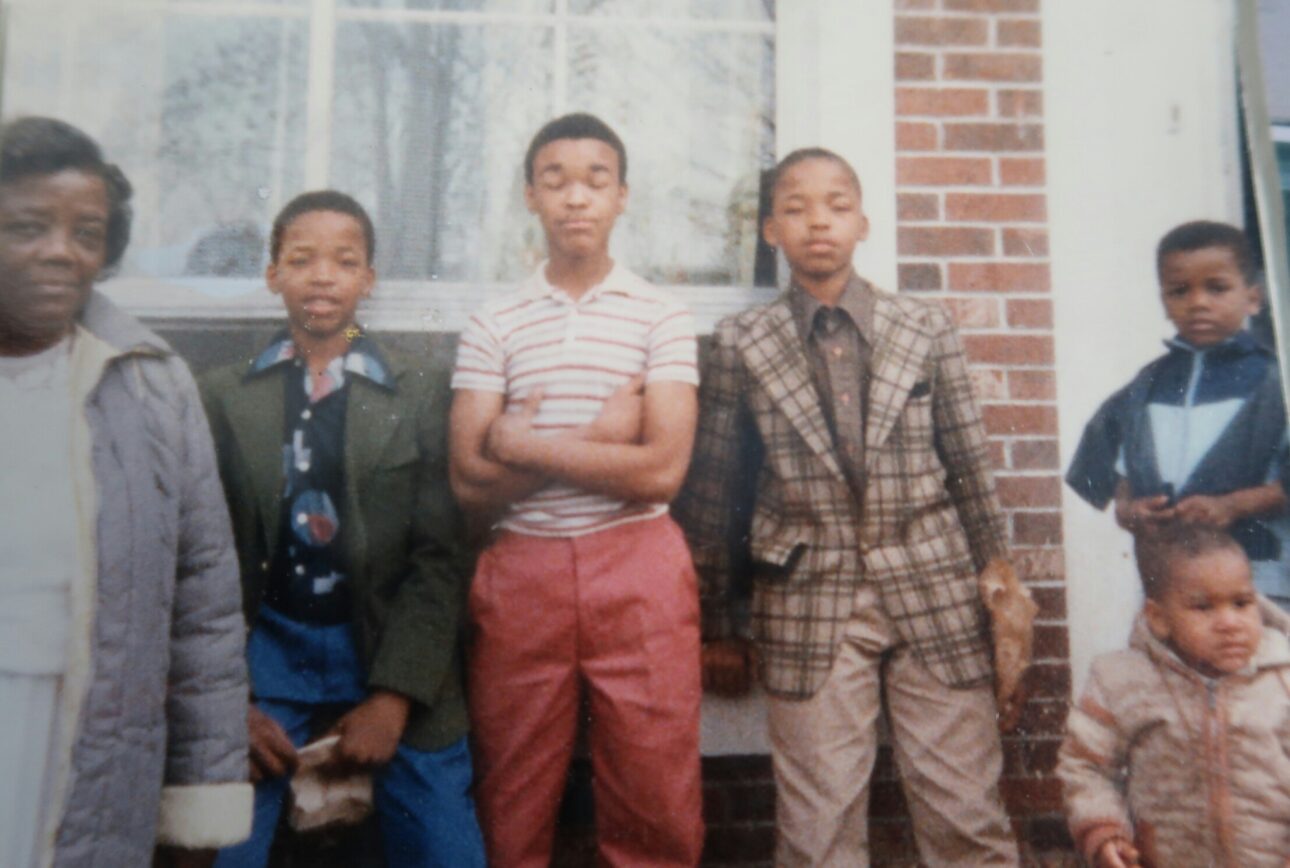
This work isn’t solely commemorative. I’ve spent my whole tutorial life speaking to ghosts and excited about medicine: how medicine affected me and my family members. And I’ve been listening.
All these years in the past, I used to be simply holding that bookbag as a favor for Jay. I by no means knew the precise contents or portions. In a manner, we thought we have been being made into one thing just like the bag’s contents. In spite of everything, these college gates have been meant to maintain individuals like us — and the contents of our bookbags — out. It’s not laborious to know how we, too, have been perceived as illicit. Maybe we may be dope.
And we turned what was in that bag — that weight of potential that Ellison’s narrator, a person pressured mystic by the facility of unrelenting alienation — into beats and rhymes. We’re a part of a legacy of constructing with what different individuals assume is damaged and infrequently attempt to break if it isn’t already.
Scribbling verses for my assignments and rapping my coursework, I traded these beats and rhymes for educational credit towards levels that finally made my actuality replicate my desires. I stayed inside these wrought iron gates till I earned a Ph.D. Now I train behind related gates. Again then, our dopeness — who we have been, who we needed to be — was aspirational, what we would make with what we got, or how we would make do regardless of what we didn’t have. It was what historical past repeatedly calls the American Dream.
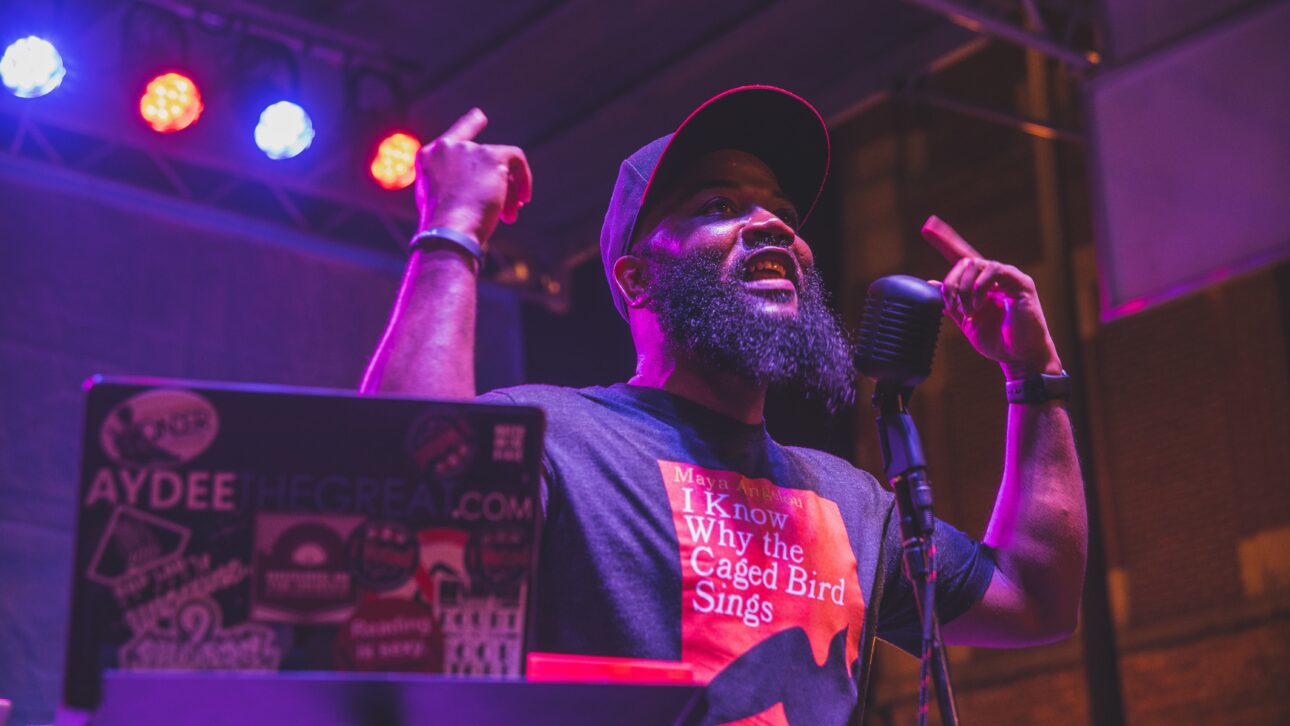
For me and my buddies, the college gates have been a short-term barricade. It is likely to be the place police flip proper and focus their consideration on different potential crimes and criminals, however it might by no means take away the presumed criminality from our Black our bodies, even when we have been accepted into their school rooms and labored our manner by means of their curricula.
Dope was the rationale that, on the end result of my profession as a scholar, I wrote a rap album for my doctoral dissertation. I’m right here now as a result of I don’t belong. This looks like a becoming manner to consider hip hop in America after 50 years.
Hip hop supplied the choice curriculum that we labored by means of outdoors the college gates however which served us simply as nicely on campus. The illicit conjurings I scribbled again then earlier than I turned a Physician, rhymes pressed into the pages of composition notebooks, napkins, and the empty faces of envelopes, are actually prescriptions in rap kind. And so they don’t solely prescribe. They’re scripts about issues as I see them unfolding now. Generally, they’re postscripts, detailing tales of the previous.
However, nonetheless, they’re dope, which isn’t only a explicit substance. Dope is as a lot about how the substance comes into being, the circumstances that make the substance attainable. It’s additionally about context. No matter will get prescribed and picked up from a pharmacy isn’t dope, even whether it is medicine. That it’s sanctioned, allowed, a part of an over-the-counter economic system, modifications the contours and character of its dopeness, and perhaps even the standard. The very same substance offered out the aspect door would change the connection of the substance to its sanctioning. Illicitness has efficiency. Extra: illicitness is efficiency. And perhaps what I’m saying is medicine vs. dope is determined by the door – or the gate.
As an educational, I generally meet individuals who name rappers like me poets when they’re describing what they assume I do for a residing. They do that, I believe, to attempt to persuade individuals who respect poetry to respect rap, too. They consider they’ll use poetry to smuggle rap throughout that razor-thin, virtually imperceptible line that separates what’s acceptable and what’s not. Poetry is obtainable as cowl so a rapper would possibly stroll by means of the gates of respectability unmolested. The try to make the illicit authorized in opposition to its personal definition, by redefining it in additional acceptable phrases, is narrative violence.
In the event that they stated I used to be “like a poet,” utilizing a simile as a substitute of the metaphor, I’d really feel extra comfy with it. However they don’t. I’m attentive to figurative language. It’s of nice use to rappers like me, particularly after 5 a long time of hip hop.
Quite a few American establishments erected wrought iron gates to exclude hip hop and the individuals who make it over these previous 50 years. I think about many of those locations will appear loads like pharmacies making an attempt to persuade the world that dope has been decriminalized and they’re now celebrating a half-century of its salvific advantages. They may promote it over-the-counter or out the aspect door.
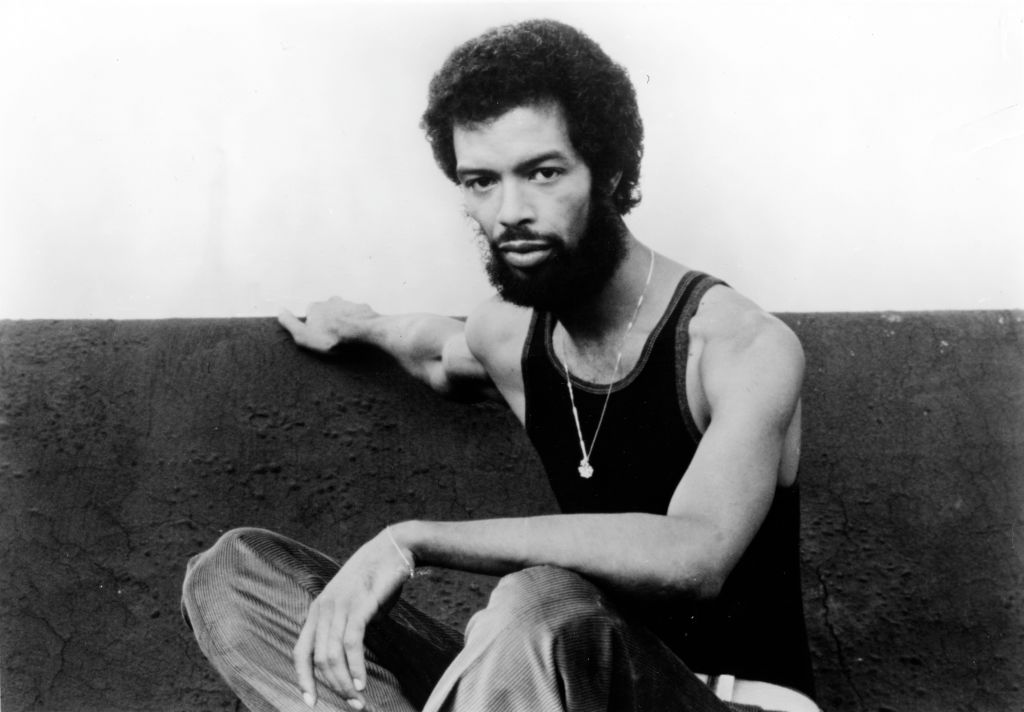
I can’t belief anybody making an attempt to promote me the sanctioned model of what I’m whereas denying the discomfort and unease of what created the actual me. I’d extra readily consider the people who find themselves nonetheless right here and repeat their disagreement with hole celebrations of our resilience, and the ghosts with whom we’ve ongoing conversations, lengthy earlier than I’d consider anyone it took 50 years to persuade.
If it qualifies as a metaphor, I think about it is a comfy one for America. Regardless of what has been made these previous 50 years, in opposition to all odds, it might be completely too uncomfortable for me to say, “hip hop is like America.” I think that’s most likely mutual.
However I really feel utterly comfy saying I’m hip hop, hip hop is dope, and being Black whereas being dope is equal components dream and nightmare when the identical of us hooked on it will possibly’t eradicate it, management it, and fulfill their addictions on the similar time.
To see our operating listing of the highest 100 biggest rock stars of all time, click here.
